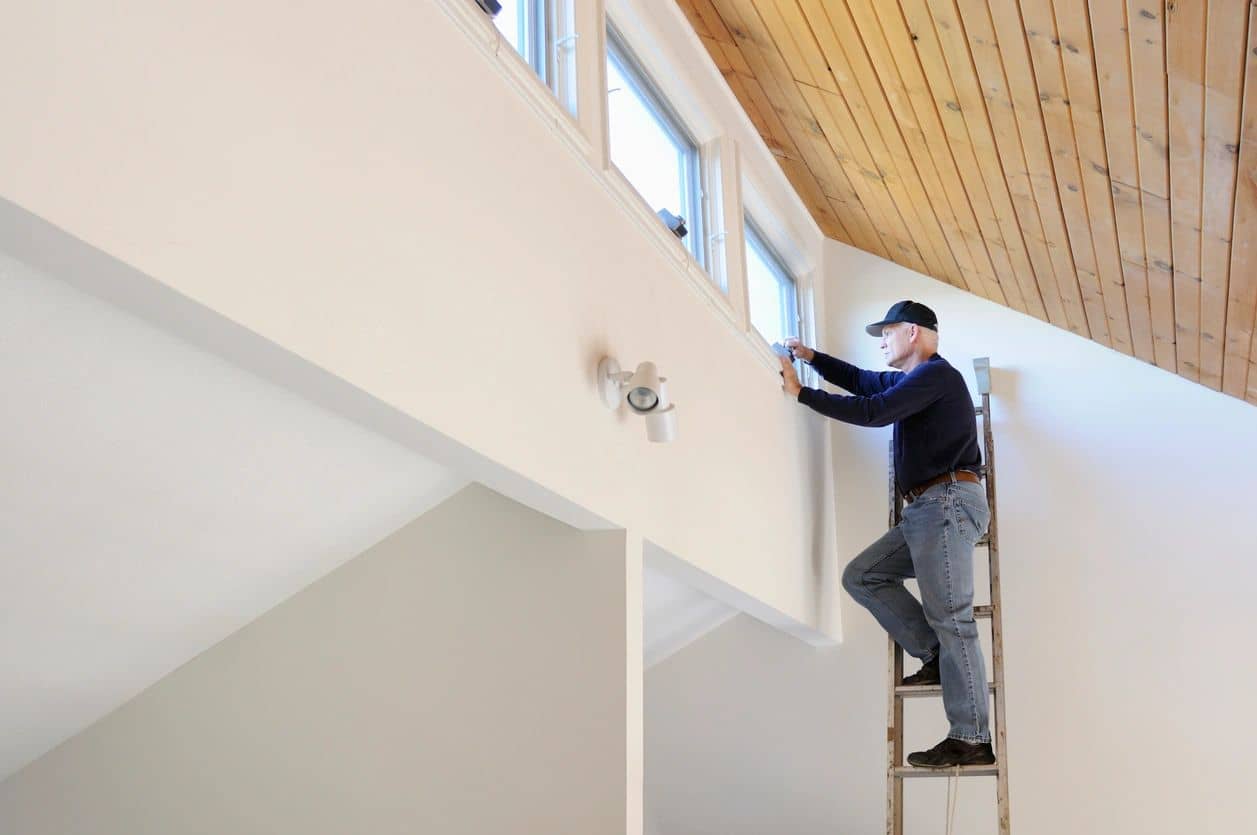Several businesses in the town of Elizabethtown, North Carolina are in danger of facing steep fines due to their awnings because they do not comply with the town’s current codes. The most recent codes were implemented in 2011, and two years later many businesses have still not updated their awnings.
The new ordinance in Elizabethtown states that awnings must be at least eight feet above the sidewalk and cannot extend further than six feet from the building’s wall. While Elizabethtown does not have a restriction on the color of awnings, many other cities and Homeowner’s Associations do have these restrictions.
Some very large cities, such as New York, have awning restrictions but not necessarily the means to enforce them all the time. Because of this, some shop owners have either just assumed there were no such regulations, or chose to ignore them because they saw other businesses doing the same. It is possible that an illegal awning could go months or even years without getting the store fined, but in the end it could come back to hurt you.
The regulations for New York City’s awnings, created in 1961, stated that the only words on the awning could be the name and address of the business and it had to be in a font no larger than 12 inches. Many people who have been to New York are aware that there are a lot of awnings that do not meet these criteria, however in 2003 the city decided to crackdown. Shop owners were slapped with fines up to $2500.
Incidents like those in New York and Elizabethtown are why it is extremely important for businesses to stay updated on all city and county ordinances regarding awnings, their size, and their color. A reputable awning company, such as the Orlando awning and sign company Universal Awning and Sign, will be aware of all ordinances for the cities in which they operate.
While it is good to hire an awning and sign company who has worked with HOA’s and is familiar with city ordinances, it is also advisable to check in to any possible restrictions yourself as well. A permit will be required before work can even begin. Typically it would be the homeowner’s association who grants these permits for a residential awning, and the Public Works Department of the city for a business awning. If you plan on having any electrical components on your awning that can require additional permits as well. Electrical components could include lights, or a lit-up logo of your business.
Even though you may need to obtain permits before work can begin, it is still be a good idea to contact the awning company first. They will probably have much more experience working with these city codes and homeowners associations. Additionally, it is possible that in order to apply for the permit you will have to submit drawings along with the application, and the company installing the awning can provide these to you.
Before installing an awning on your home or business, be sure to thoroughly research your county and city codes. The next step is to research awning companies to make sure they are also up-to-date on the latest regulations regarding awnings. Without doing your due diligence first, your awning could end up costing you or your business a lot of money in the long run.


